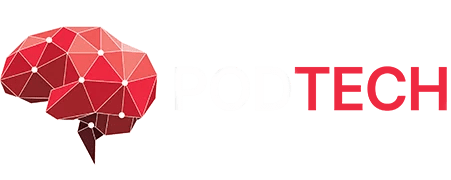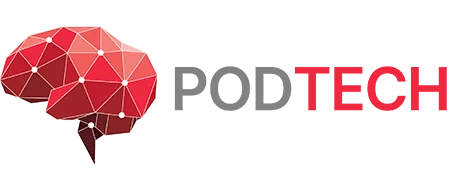Roles of a Full Stack Software Developer
The field of software engineering has gone beyond just having coding knowledge as a criteria to be called a software developer – a developer’s role has now become more specialized and professionally defined. Now, we have different developer’s titles including front end developer, back end developer and full stack software developer.
In the world of software programming – which is made up of different areas of software development including mobile, web, native software application etc., being called a software developer now means a lot of different things depending on what the developer specializes in and the kind of skills the developer have.
However, while many developers specialize in either server-side programming– back end developers, or client-side programming – front end developers, full stack software developers have ample experience with both, which is partly why they’re in high demand.
What Is Full Stack Software Development?
Full stack software development is the creation of end-to-end applications including frontend (client-side) and backend (server-side) development. The term ‘full stack’ simply refer to the ability to work on both front-end and back-end parts of any application. Full stack applications are of three types:
Mobile Stack
The term mobile stack refers to a combination of programming languages, platforms, frameworks, tools, UX/UI software, and other technologies required to develop a functional mobile app. A functional mobile App is a computer program or software application designed to run on a mobile device such as a phone, tablet, or watch.
The mobile stack is categorized into these parts: Frontend – the interface that interacts with end-users, Back-end – the server side of the application, Development platform – provides the necessary libraries and interfaces to build the app, as well as Supporting technologies – handles the security, flexibility, and performance of the app.
A full mobile stack developer must have skills that cover all the categories listed above, however, options of technologies for mobile stack depends on the platform that the app is targeting. For example, an Android technology stack include: java/Kotlin (programming language), Android Studio (development tools), and Jetpack Compose/Android UI (UI framework).
Web Stack:
A web stack is a compilation of software applications needed for web development, especially for developing web applications and implementing websites. A web stack covers both the front end development and the back end development of a web application or a website.
A Full Stack Web Developer handles both the Back End/server side of a web application as well as the Front End/client side of a web application. This simply means that a Full Stack Web Developer is both a front end and back end developer and must have skills in a wide variety of coding niches, from databases to graphic design and UI/UX management in order to do their job well.
Native Application Stack:
Native app stack is a compilation of software applications needed for the development of software programs that run on specific devices and platforms, including desktops, smart TVs, smartphones and all kinds of gadgets.
Native app development requires different skills and technologies depending on the platform that the app is targeting, eg, iOS apps, native Android apps etc
Therefore, depending on the project and what customers need may be, a Full Stack Software Developer can be an expert in any/all these field – mobile stack, Web stack, or native application stack.
Core Responsibilities of a Full Stack Software Developer
While every role varies to some degree due to the different development categories, the majority of full stack software developer job descriptions focus on these core responsibilities:
- Develop visual front end architecture
- Design user interactions
- Develop functional databases, applications, and servers
- Cross-platform optimization
- Stay current with new software approaches, architectures, and vendors
- Consider non-functional requirements such as security, performance, maintainability, scalability, usability, and reliability when architecting solutions.
- Keep knowledge and skills up-to-date
Conclusion
Hiring a full stack software developer like PODTECH for the development of your software project gives you the benefits of reduced delivery time and cost as well as faster time-to-market. As a full stack software development company, we deliver sound web, native and mobile app solutions which are suitable for different sizes of enterprise including startups, medium and large scale businesses.


